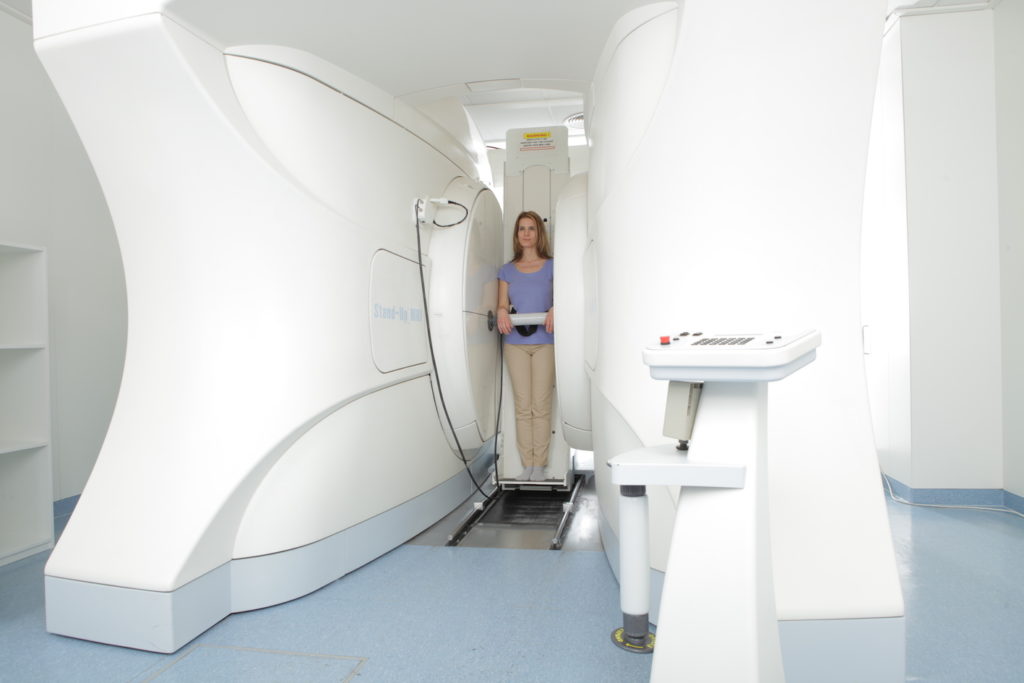Never mind samhainophobia*, it’s being cramped in a small space that really makes the blood run cold for a third (32%) of Brits.
Over half (57%) of those affected by claustrophobia say they experience it ‘sometimes’, with a further 14% saying ‘often’.
The problem is worst amongst women, with 36% suffering compared with 27% of men, according to a new poll by Medserena Upright MRI Centres.
And as many as 40% of 18-24 year olds are afflicted, falling gradually with age before rising again slightly amongst those 55+.
The top three nightmare scenarios are being in a small room with no windows (54%), crowded places (51%) and a ‘tunnel’ MRI scanner (45%).
Reported symptoms included a general feeling of panic (71%), shortness of breath/hyper-ventilation (45%) and sweating/chills (33%).
Avoiding situations known to trigger attacks is the most common step taken to help (65%), whilst 41% rely on breathing techniques and 33% try to focus on peaceful and relaxing images.
Over half (57%) of those who had been scanned in an enclosed MRI tunnel had felt ‘very nervous and claustrophobic’. A further 10% required sedation and another 13% asked for the process to be stopped altogether.
Given the choice, 71% of those surveyed said they would prefer an open, upright MRI scan where they could sit or stand with nothing in front of them. Just 11% chose the option of lying down in a conventional tube.
Over three quarters (76%) agreed that the NHS should automatically offer open, upright MRI scans to people suffering from claustrophobia.
Worryingly, a quarter of claustrophobic patients (25%) said they would prefer to leave their condition untreated, if they were very frightened of the medical test to diagnose it.
“Previous studies have indicated that around 12% of people in the UK suffer from claustrophobia,” comments Professor Francis Smith, Medical Director at Medserena.
“So for our new research to show it’s actually a third of adults suggests the problem is more widespread than originally thought. Particularly given that half of them describe their symptoms as ‘moderate’, as opposed to just ‘mild’ (44%)”.
Nearly a quarter of those surveyed thought that having been trapped in a confined space was the root cause of their claustrophobia, with a further fifth citing a traumatic or stressful life experience such as a bereavement.
Surprisingly, just 15% have tried medication and 17% psychological therapy such as CBT.
-ends-
* samhainophobia is a persistent, abnormal, and unwarranted fear of Halloween
Medserena Upright MRI Centres surveyed a nationally representative sample of 2000 UK adults. A second poll was carried out surveying 2000 UK adults who suffer from claustrophobia. The research was conducted by OnePoll between 3-22 October 2018.
